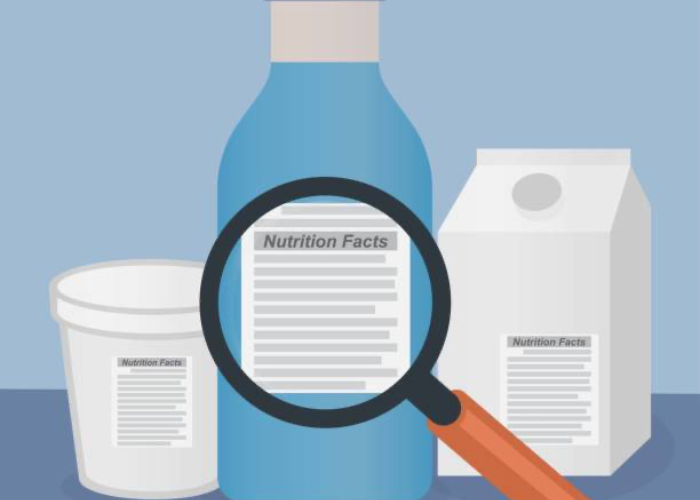Nutritional labels vs technology: which one is the future?BY CAROLA MACAGNO
- 5 December 2022
- Posted by: Competere
- Categories: Empowering Consumers, highlights, News

Do we need nutritional labels when we have other tools such as smart devices and artificial intelligence? The latter provides us with all the relevant information we need to eat or buy based on our personal data.
As stated by Pietro Paganini, “The most advanced research in nutrition science (genetics) and the exponential evolution of technology (wearable devices and AI) are opening up tremendous opportunities to improve diets and reduce obesity and cardiovascular disease”.
“The problem is not what we eat, but how. That is why we need more education and systems that take into account our lifestyle. While it is true that education takes time, Nutriscore signals a failure to educate the masses”, he continued.
Indeed, Europe has a great opportunity to manage innovation. If it does not take advantage of it, others (China, the US, Israel, and the financial superpowers of the Middle East) will.
A SUCCESSFUL DISCUSSION
These statements emerged from the conference “Front-of-pack labelling reform – Is it fit for the future?“ organised by Euractiv with the support of Competere. Goal of the discussion: to highlight the opportunities and challenges facing the EU regarding front-of-pack labelling. What should be on a nutritional label and how much does it influence consumer choices?
Alongside Pietro Paganini, French MEPs Veronique Trillet-Lenoir and Michele Rivasi, Ramon Estruch Riba, Associate Professor at the Department of Medicine in Universidad de Barcelona, and Friedrich Trosse, Sectoral Policy and Membership Manager at SMEUnited, joined as panellists.
“We all agree that obesity and poor nutrition are serious issues. That’s why public health policy is needed. However, an outdated labelling system like the Nutriscore will not solve these problems. Education and technology will”, emphasised Paganini.
Moreover, the Nustriscore risks harming small producers, who are unable to change components of their products with the same ease as large companies. If this is indeed the purpose, the question is: what will companies do to transform their products from a red E to a green A? Will they really be healthier? Adding meat to frozen pizza or protein to milkshakes to improve their ratings does not make them healthier options.
Will Europe reconsider this opportunity after taking into account the role technology can play in promoting balanced and healthy diets? Only time will tell.
